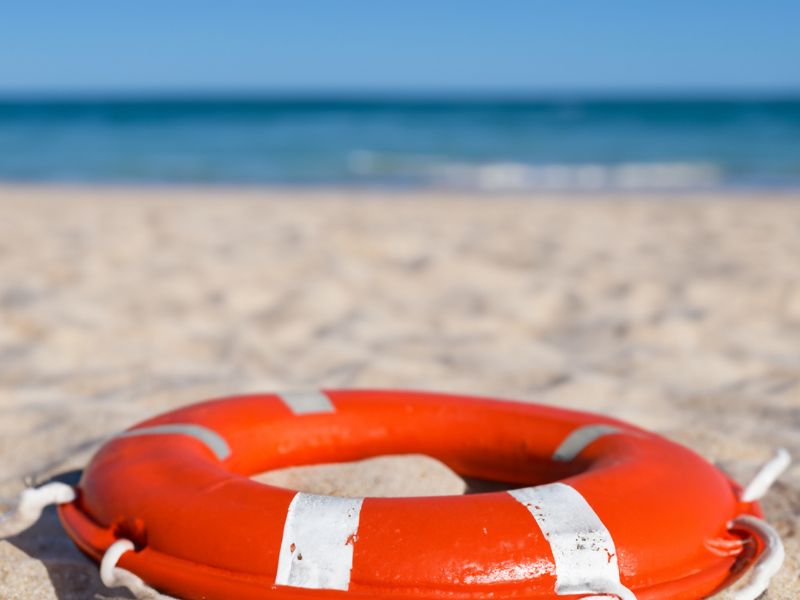
Safety at sea: how to protect yourself while on vacation
Practical Tips for a Beach Vacation Without Risks
Summer vacations are the perfect time to enjoy the sea and sun, but it’s important to prioritize water safety. Whether you’re an experienced swimmer or a beginner, following a few simple rules can make the difference between a carefree day and a potentially dangerous incident. In this article, we’ll explore the key aspects to keep in mind for a safe and relaxing vacation on the coast.
Prevention: Key to Avoiding Incidents
Prevention is crucial when it comes to sea safety. Before entering the water, it’s important to check the weather conditions and forecasts for the day. Pay attention to the warning flags on the beach, which indicate sea conditions and any potential hazards. If the flags are red, it’s best to avoid swimming and stick to walking along the shore. Additionally, it’s essential to know your limits and not overestimate your swimming abilities. If unsure, it’s better to stay in shallow waters or seek advice from lifeguards or qualified personnel. Lastly, always remember to apply adequate sunscreen to avoid sunburn and dehydration.
Water Behavior: Rules to Follow
Once in the water, it’s crucial to maintain responsible behavior and respect for other swimmers. Swim within designated areas and avoid venturing too far from the shore, especially if you’re not experienced. Avoid swimming in unpatrolled areas or where there are dangerous currents. Also, be mindful of boats and watercraft, keep a safe distance, and respect signage. Spearfishing is prohibited within 500 meters of beaches frequented by swimmers.
First Aid: Being Prepared for Emergencies
Despite all precautions, emergencies can sometimes occur in the water. It’s important to be prepared and know how to respond correctly. Knowing first aid techniques such as CPR and treatment for wounds and burns can make a difference in emergencies. Additionally, it’s advisable to always identify first aid points and rescue stations on the beach, so help can be quickly sought when needed. Finally, don’t hesitate to report any dangerous situations or risky behavior to relevant authorities like the Coast Guard or surveillance personnel.
You can enjoy a safe and relaxing beach vacation by following simple prevention and behavior rules. Paying attention to weather and sea conditions, knowing your limits, and respecting signage are essential to avoiding incidents. Being prepared for emergencies with first aid knowledge and awareness of assistance points can also make a difference in critical situations. By remembering these tips, you can fully enjoy your beach vacation, relaxing in total safety.
Sources


